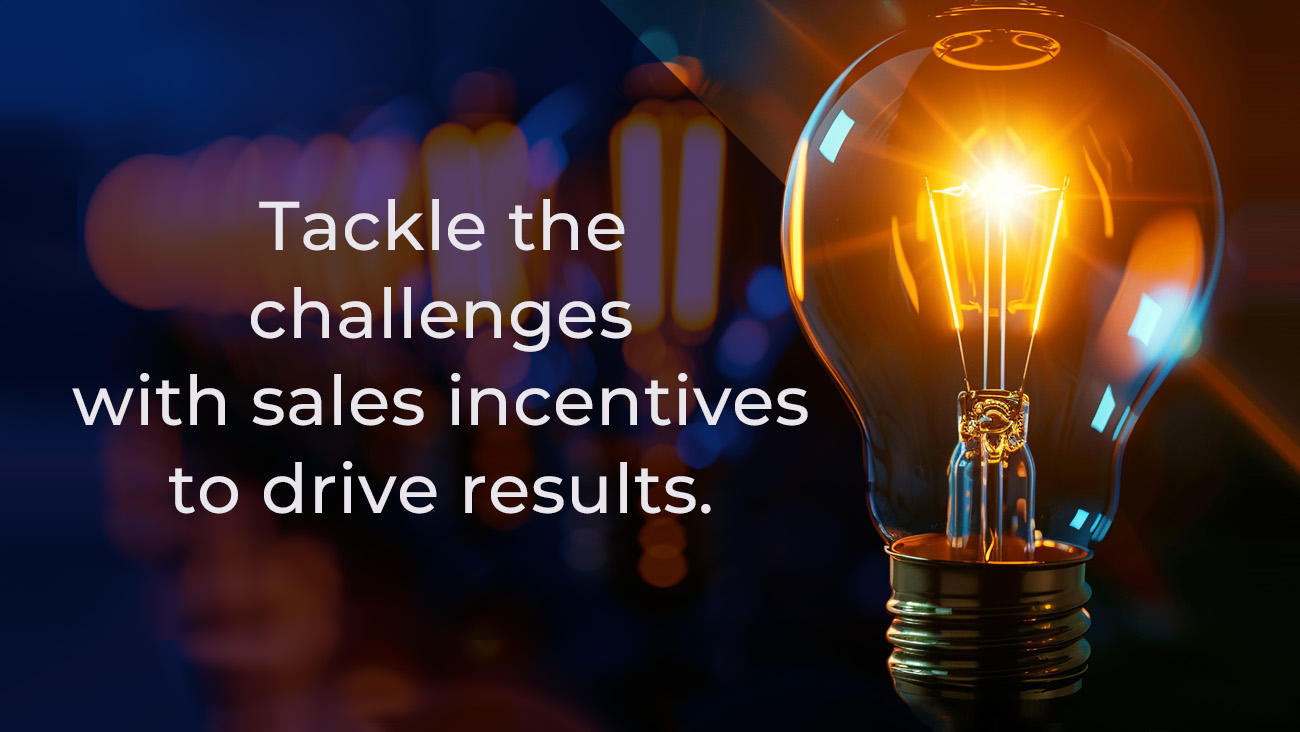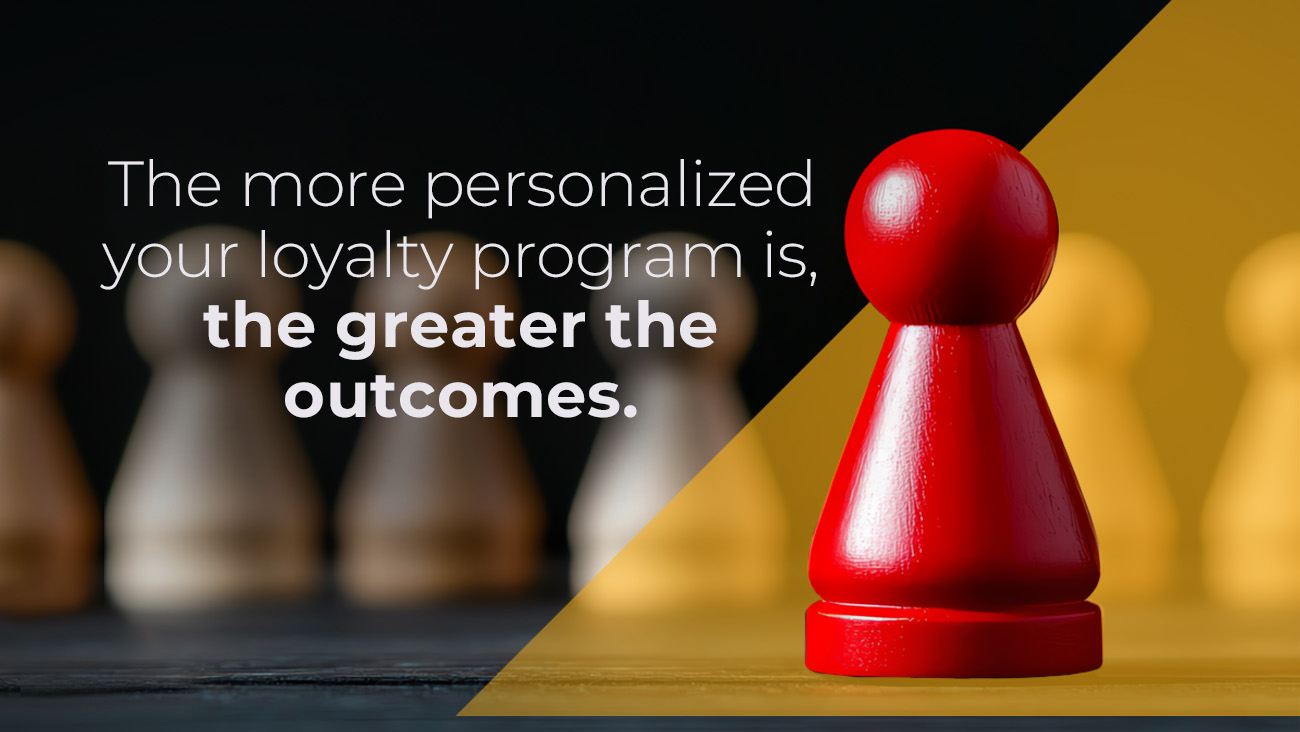Impact
Because of the results of our Decision Sciences team’s research, the company revamped their approach to sales contests and SPIFFs for better results.
Industry
Pharmaceuticals
Problem space
Sales team motivation
Services
Contests and incentives
Research and analytics
Are sales contests really driving performance?
A leading biopharmaceutical company relied on sales contests and SPIFF programs to motivate their teams, but they weren’t sure how effective these incentives actually were. With multiple sales franchises and a complex variable compensation structure, they needed a clear answer: were these programs truly driving performance or were they just extra expenses with little return?
Digging into the data
To find out, our Decision Sciences team rolled up their sleeves and dove deep into the company’s compensation, performance, and engagement data. We conducted a thorough analysis to pinpoint exactly what was influencing sales results. Were SPIFFs working better for individuals or teams? Did contest length impact engagement? Were certain structures more effective than others?
Our deep dive uncovered key insights into what worked and what didn’t when it came to designing high-impact sales incentives.
A smarter approach to sales motivation
With our findings, the company revamped their approach to sales contests and SPIFFs, implementing data-backed strategies that maximized results. Some of the biggest takeaways included:
- Timing matters: Shorter, well-timed SPIFFs outperformed longer, drawn-out contests.
- Goal-based rewards win: Incentives tied to personal achievement were more effective than stack ranking.
- A balanced mix is key: A combination of cash and non-cash rewards kept engagement high.
- Market-based opportunities drive results: Focusing on regional sales dynamics made incentives more relevant and motivating.
- No duplication: Ensuring contests didn’t overlap with existing compensation metrics kept motivation high and confusion low.
Armed with these insights, the company refined their incentive programs, aligning them with proven strategies for driving sales success. The result? A smarter, more effective approach to motivating their sales teams, one backed by data, not guesswork.
Thought Leadership
Learn from the best. BIW thought leaders bring you a deeper look at the business of inspiration.
-

Article
Leveraging sales incentives
Creating an effective sales incentive program is crucial for driving performance and achieving business goals. Here are some things to consider when designing a successful sales incentive strategy.
-

Article
Winning the last four feet
For brands operating in retail, success is determined by the ability to “win the last four feet” – the critical interaction between the customer and the retail associate. Regardless of the advertising budget, it can all be rendered ineffective if a competitor excels in that final interaction. Conversely, outperforming competitors in those crucial moments can offset their advertising spend.
-

Article
Why learning is trending in the workplace
Lifelong learning does remarkable things for our brains. Research has found that learning keeps brain cells working at optimum levels, which may slow cognitive and memory decline as we age.


